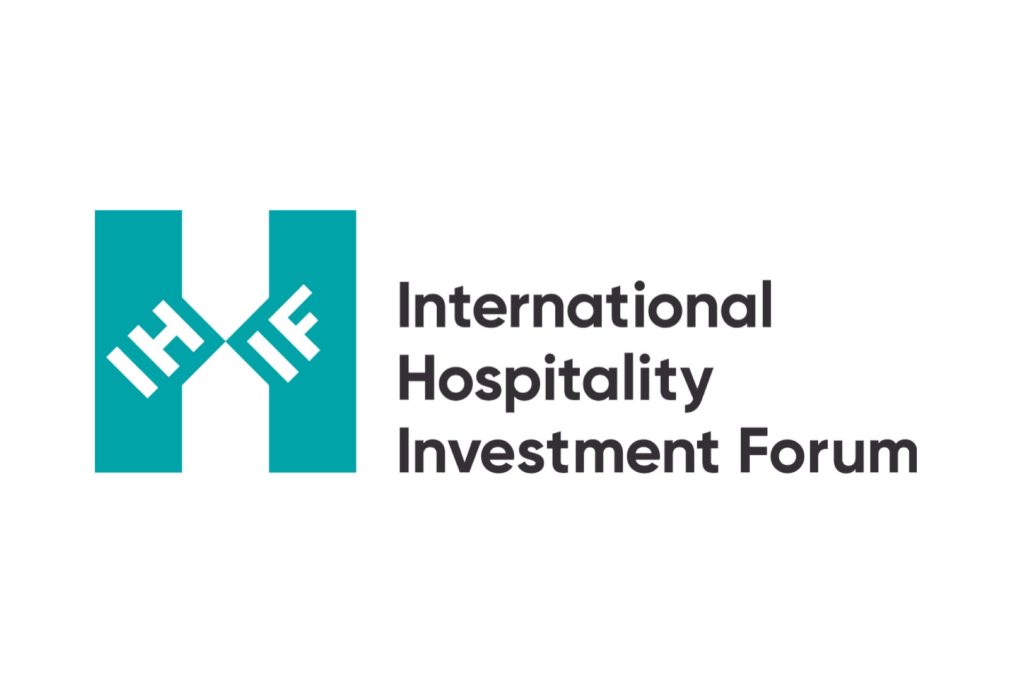
Our visit to the International Hospitality Investment Forum (IHIF) 2022 was a great opportunity to reflect on the changes in the global hotel industry after the tumult of the pandemic. It’s no secret that the past two years marked a major crisis in the sector, but the good news has been that the infrastructure and services of the industry proved solid enough to overcome the crisis in a very short time.
The 2022 holiday season is registering good occupancy rates, and this was reflected in the general optimism of those attending the IHIF, one of the most important events in the world of hospitality. With 2,400 delegates from more than 80 countries, the meeting has served to consolidate interest in the Branded Residences hotel concept in Europe as an effective way of combining tourism activity with the construction of residences. However, economic inflation driven by the conflict between Russia and Ukraine is one of the latent concerns, as well as the possible stagnation of real estate projects already underway.
With these challenges on the table, the members of the IHIF Advisory Board have analyzed the situation and distilled five trends they believe will shape the hotel development sector in the years to come.
1. There is money to invest
Investors have cash but haven’t deployed it yet. In the hotel sector in particular, price negotiations continue to be complicated because sellers have an advantageous position thanks to the financial support of some governments. It’s likely that this year and in 2023 this situation will change because creditors will become more aggressive.
2. Obtaining loans is easier
When the pandemic began, traditional lenders took a critical stance on the hospitality industry, making it difficult to disburse loans at acceptable interest rates. With more optimism in the market, investors looking to add debt should find the outlook a bit easier at the end of 2022.
3. The drive to cut costs is over
After several years of cutting costs to gain efficiencies, hotel owners and operators are turning to capital expenditures to add value. This could be reflected in physical renovation of facilities to offer new and better services or in a repositioning of the brand within the market.
4. Inflation will continue to grow
Without a doubt, one of the main concerns for professionals in the sector is the growing inflation that raises the cost of raw materials and labor. Even before the pandemic, the hotel industry was struggling to maintain and retain qualified staff, and this will continue to be a key challenge.
5. Changes in consumer habits
The pandemic has left many middle-class Westerners with more money available to spend on luxuries like travel, and lockdown has increased the desire to vacation abroad. This will allow hotel owners and operators to reposition their properties because consumers are prepared to spend more.
Where are the business travelers?
Given this context, the resort sector has risen from the depths of the pandemic with renewed strength and hope for the Branded Residences concept, but sector data confirms that a vital part of the business has still not recovered: corporate travel.
According to a report from hotel data and analytics company STR, U.S. hotel occupancy returned to pre-pandemic levels of 69.6% in July 2021, the highest since August 2019. Profits largely have been driven by tourists on leisure trips. Business travel remains almost non-existent, a trend that has experts concerned. A study from the U.S. Travel Association projects that business travel spending will not reach pre-pandemic levels until 2024.
With these trends in mind, European resorts are focusing their attention on repositioning themselves as calm, safe and natural spaces, ideal for living in for long periods of the year, because they are compatible with remote work and having business meetings in relaxed environments. The hotel industry is reinventing itself at the pace of the economy and consumer habits, and hotel development is giving firm answers to investors while preparing to take on the challenges of the coming years.



